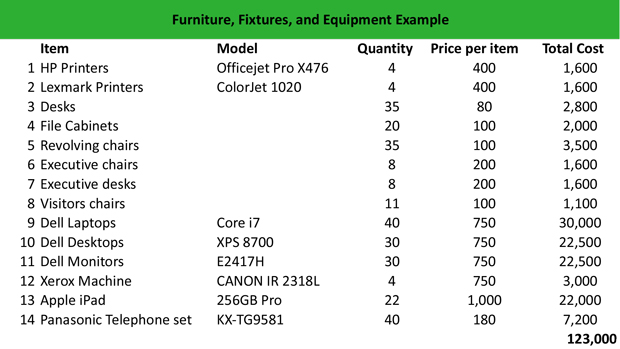
However, the reports bookkeepers generate are the foundation for all. Bookkeeping is the ongoing recording of a business’ daily transactions and does not deal with auditing, taxes, or other types of accounting. At the end of the analysis period, the accountant is responsible for taking the information provided by bookkeepers and reviewing statements, completing required returns, analyzing costs and communicating financial standing to other company leaders. Bookkeeping is a subfield of accounting, which deals with the processing and interpretation of all types of financial information. For this reason, bookkeeping is a preliminary process to accounting.īusinesses may have differing accounting needs over time, with larger organizations possibly needing financial transactions summarized on a quarterly basis and smaller firms only requiring yearly financial statements prepared for tax purposes. While bookkeeping refers to the recording of all transactions that a business is involved in, accounting is the analysis for the overall financial health of the business. The two tasks are related but differ greatly. Bookkeeping is the logging of all transactions while accounting is a more analytical interpretation of financial information.īoth bookkeeping and accounting are crucial to the financial wellbeing and overall performance of any business.Data like transactions, expense accrual and other financial information can be accounted for in the completion of bookkeeping tasks. What is the difference between accounting and bookkeeping? Bookkeeping refers to the daily tasks of recording and managing a business's financial information. Overall, bookkeepers record all revenue, costs and expenses that will be compiled into income statements that accountants rely on. Assets, liabilities and equity are all associated with keeping a balanced book and the relationship between what a business owns compared to what it owes. In order to maintain the success and status of a business, a bookkeeper must possess a strong knowledge of basic bookkeeping fundamentals, including terms like assets, liabilities, equity, revenue, expenses and costs, as well as how these factors play into the business at large. Basic bookkeeping knowledge involves working with assets, liabilities, equity, revenue, expenses and costs.


#Bookkeeping meaning software#
A bookkeeper is responsible for recording, classifying and organizing each financial transaction made during business operations, recording them with specific ledgers or software platforms. This allows a business to keep track of every transaction made over a period of time, from the opening of the business to its closing. Bookkeeping is the process of recording financial transactions.


 0 kommentar(er)
0 kommentar(er)
